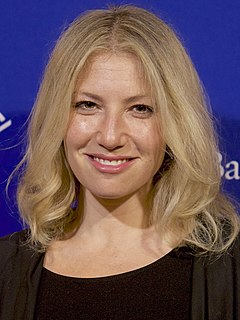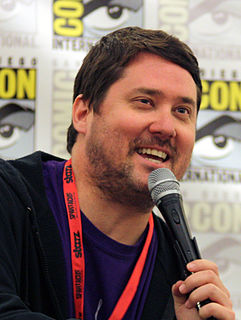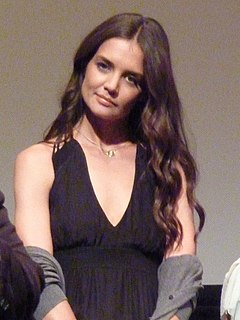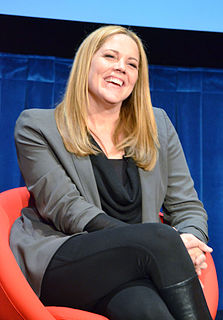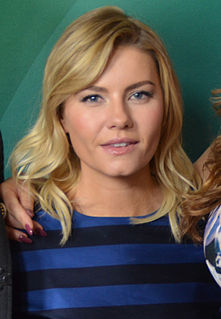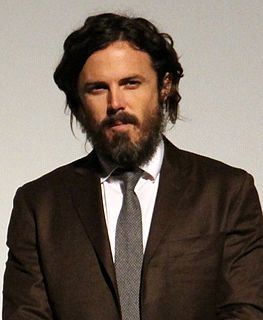A Quote by Paul W. S. Anderson
I've always felt that there's a lot of similarity between doing a comedy and doing a scary movie because jokes and scares are all about timing. If you give the punch line too early or too late, the joke falls flat. And it's the same with a scare.
Related Quotes
Since my act is a goofy reflection of what's going on in my life, I started doing pot jokes, and I noticed that audiences invariably love pot jokes. Even people who don't smoke pot think it's a funny subject. So when I started getting laughs, I started doing more material about it. When people come to see my shows, there are a lot of stoners in the audience, but there are also a lot of people who just like me. So I try to give a healthy mix, where people aren't going "There are too many jokes about pot!" or "There's not enough jokes about pot!"
The real scares on CNN, etc. and the scares in a movie, like 'The Purge,' are totally different. One of the ways you can tell when someone, whether it's a film maker or executive or producer, wants to make a scary movie but doesn't understand that distinction is they'll want to recreate too much of what's on TV.
Acting is always sort of the same - like you want to be - you know you're pretending and you want to make it as real as you can. That's the similarity. The mediums other than that are completely different. I mean you know with camera work you're doing really small detailed work and you know if you do anything too big you've sort of failed. And with stage, especially with the play I'm doing right now, I'm doing a farce, and it's so over the top that you can't actually be too big. So it's just completely different.
I don't like my wrestling or entertainment in general to be too clean or predictable for me as a fan. When I say clean, I'm not talking about dirty jokes, middle fingers and stuff like that. I'm actually not even a big fan of that. A lot of people talk about the attitude era being so great but a lot of it was terrible crap, sex jokes and over-the-top terrible bad comedy. It was Jerry Springer-like. They made a joke about a woman's breasts. Hilarious, but where's the wrestling? I look back on a lot of stuff now, and I'm like where's the wrestling? It's just a lot of crappy jokes.
About a year after I moved to Los Angeles, I decided I wanted to be a joke writer for a late night talk show. So I met with a late night joke writer and he told me that I should start by doing stand-up comedy, because that would really hone my sense of humor and joke writing ability. Eventually I took a stand-up class and a few months later I had a seven-minute act.



